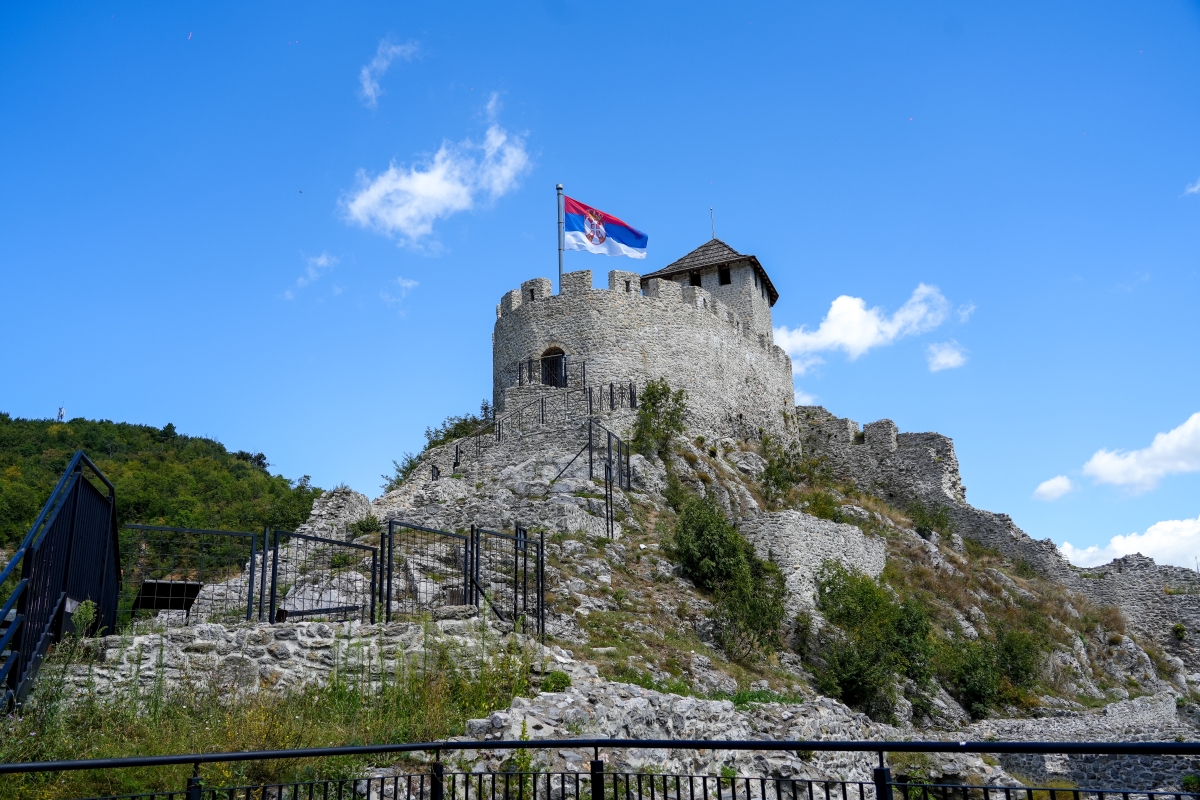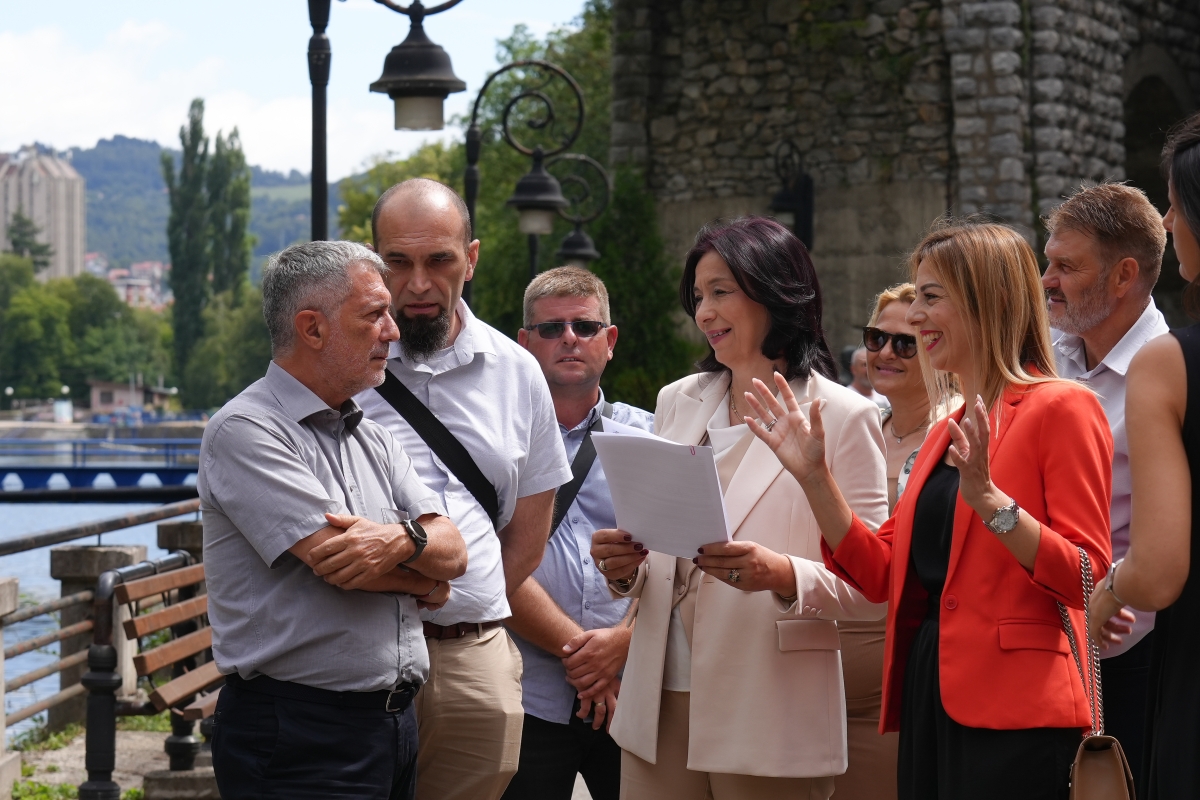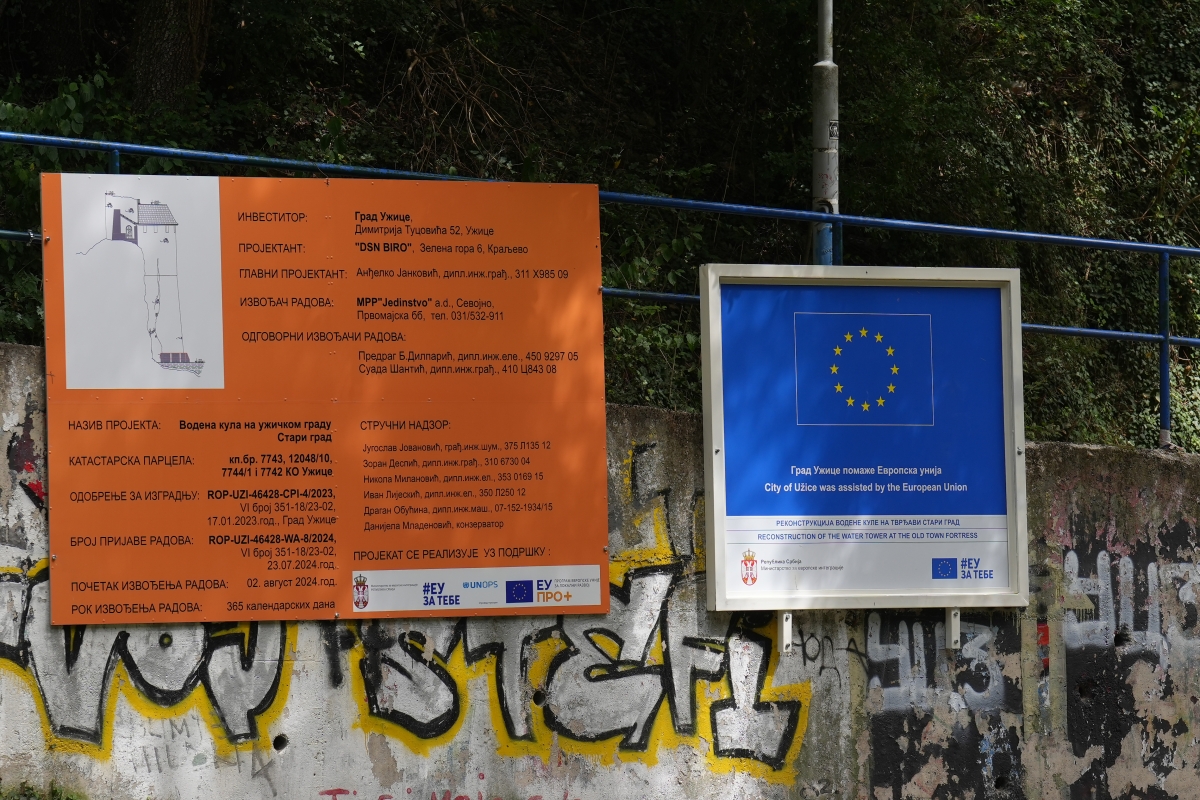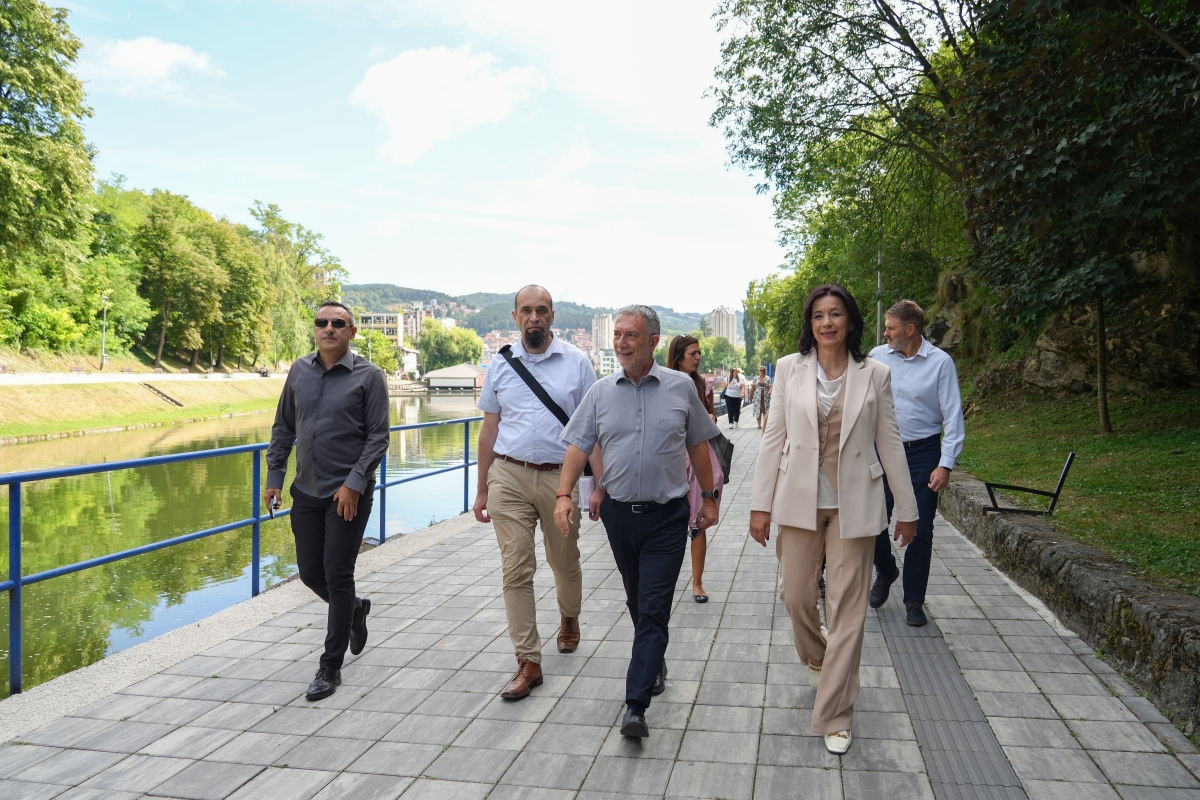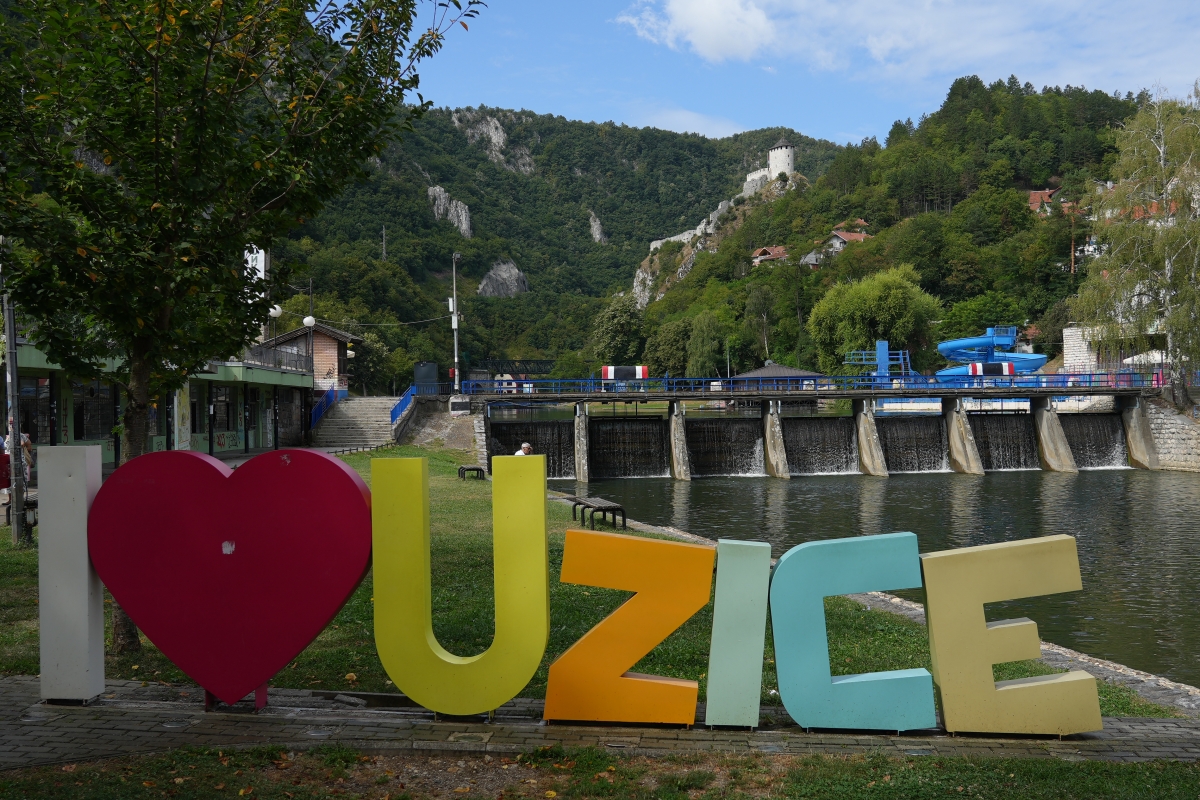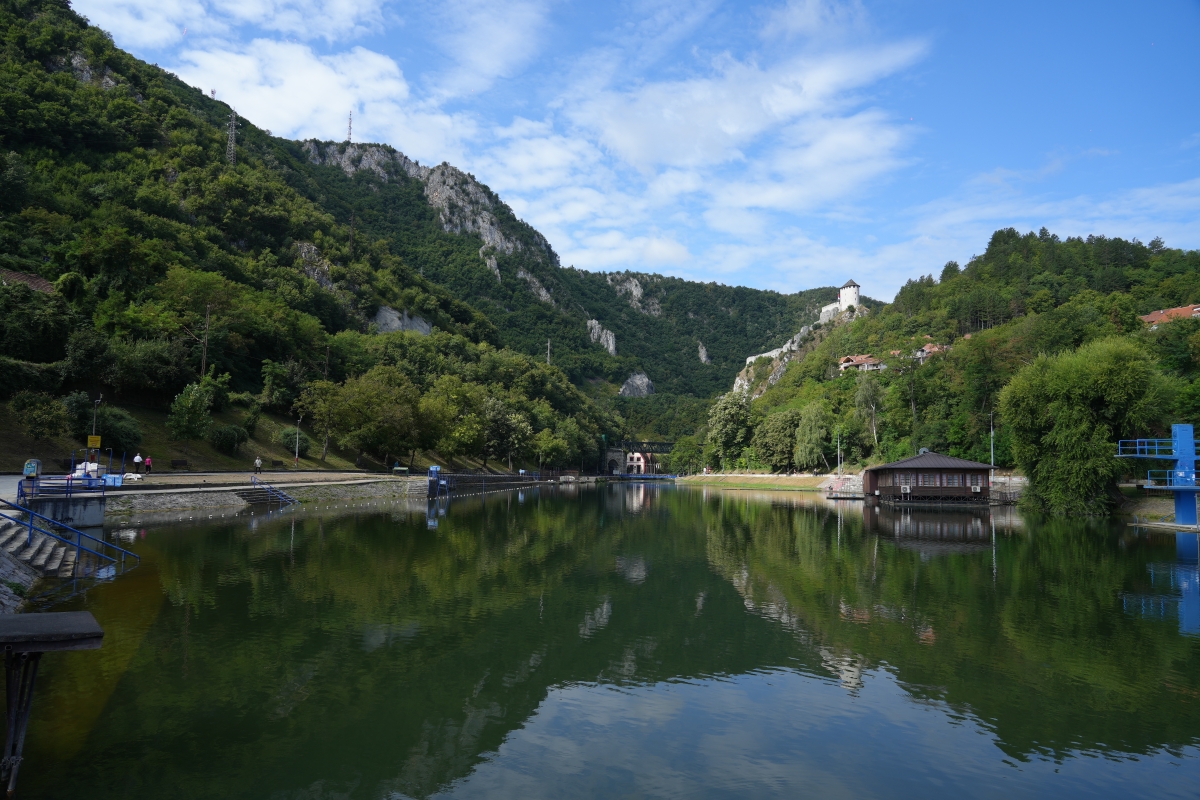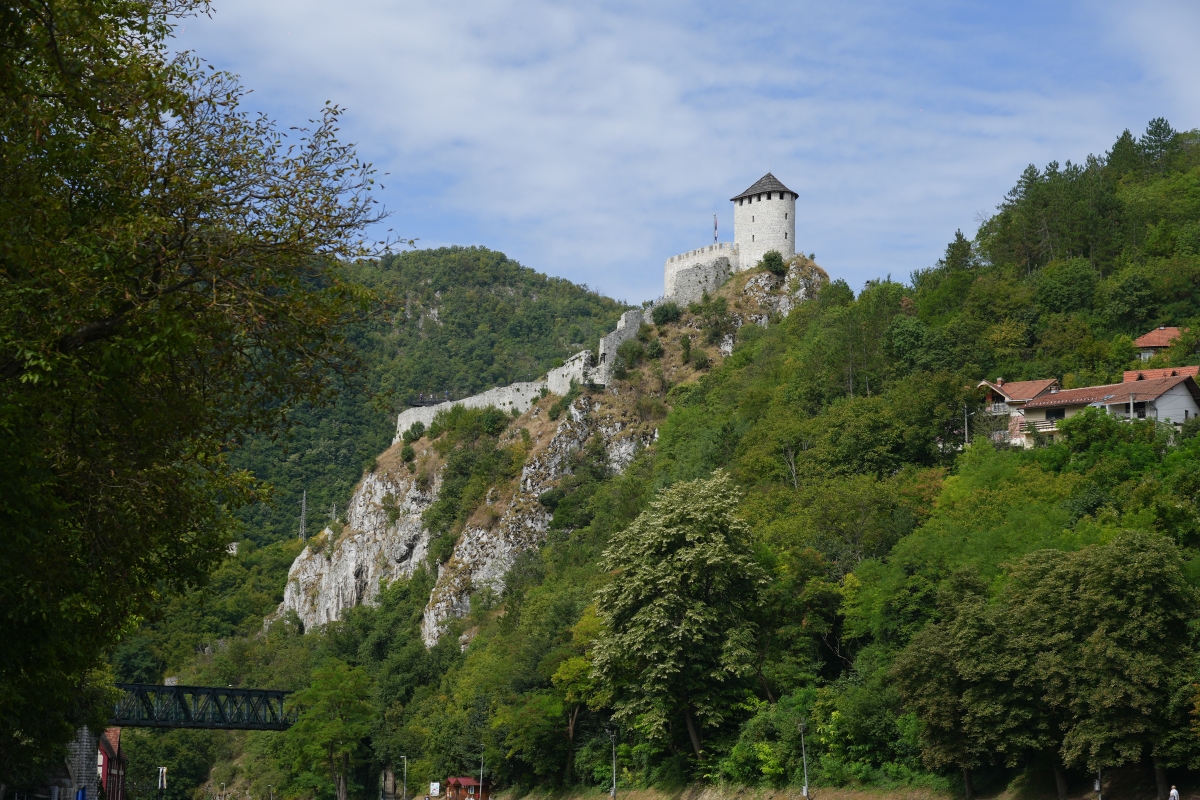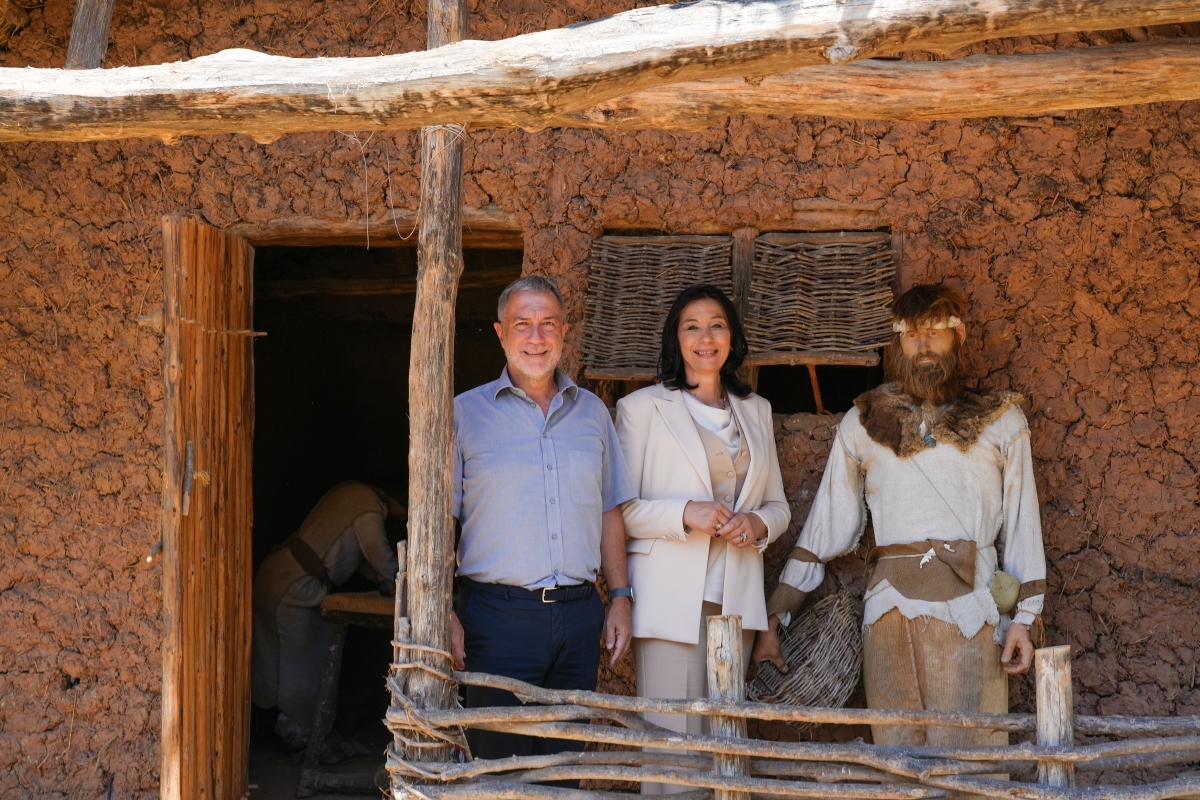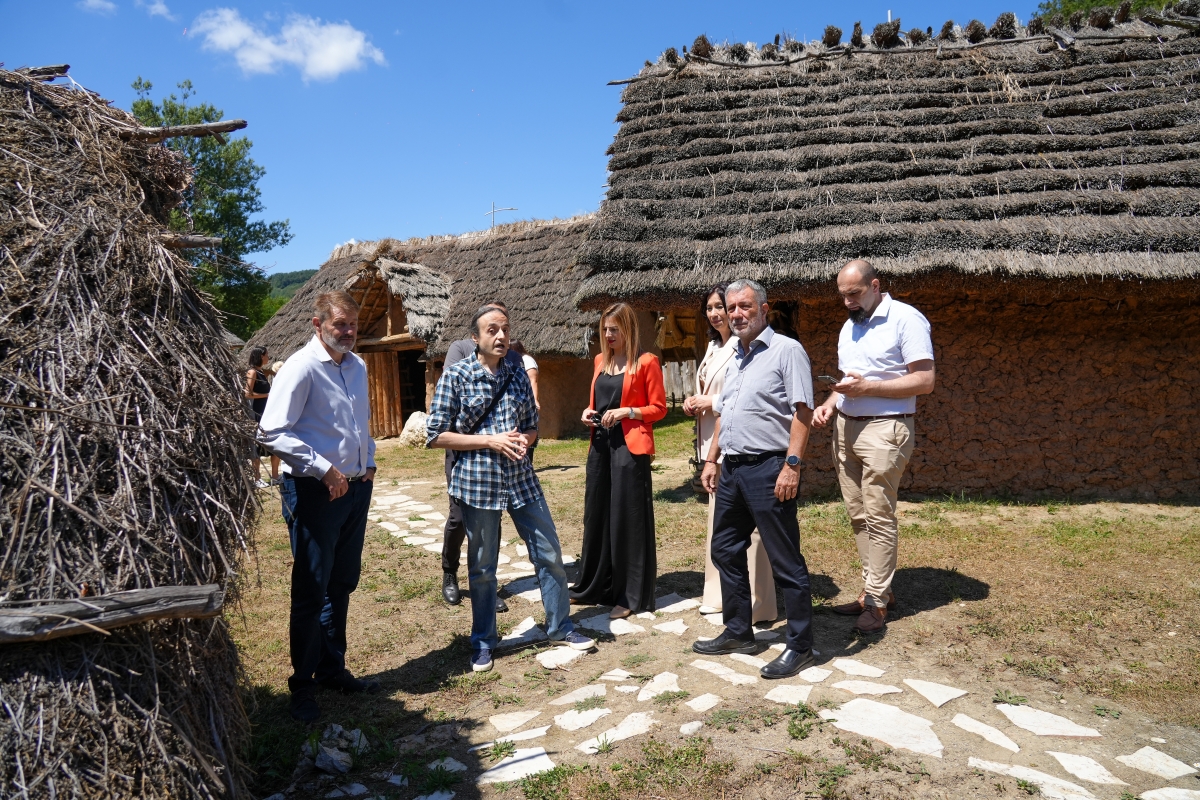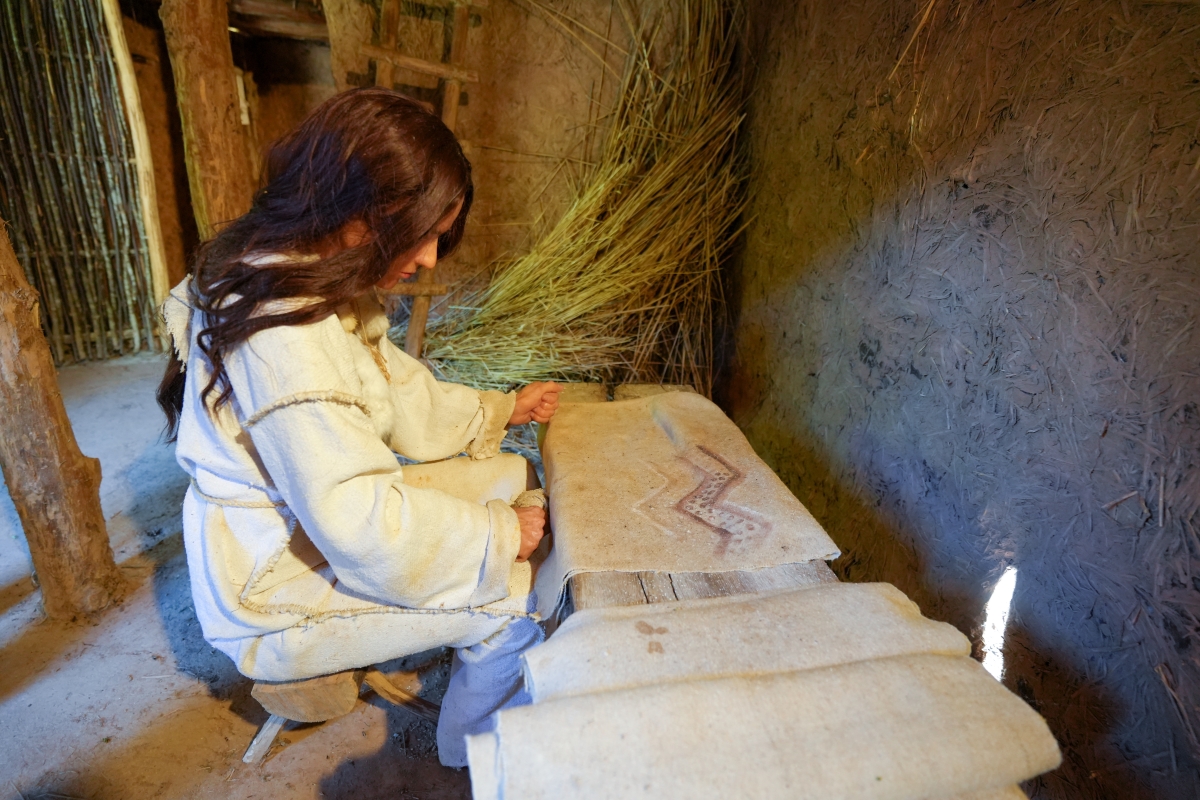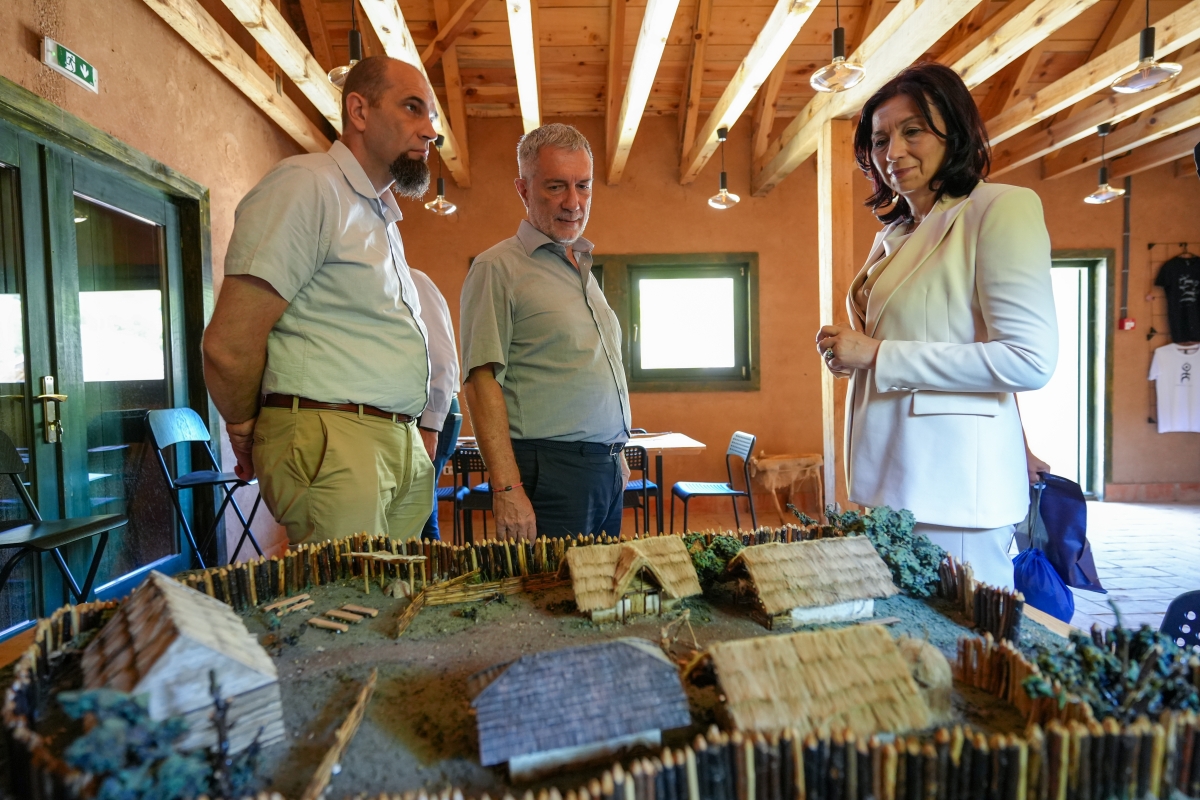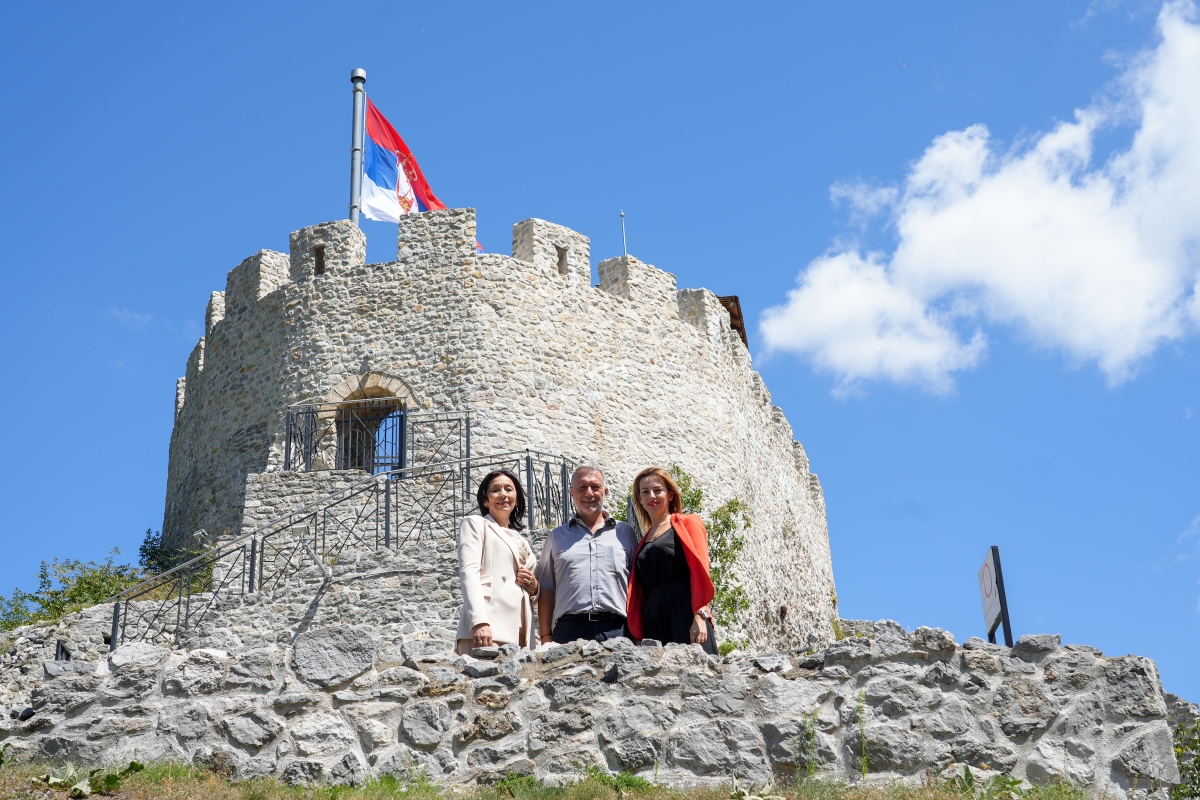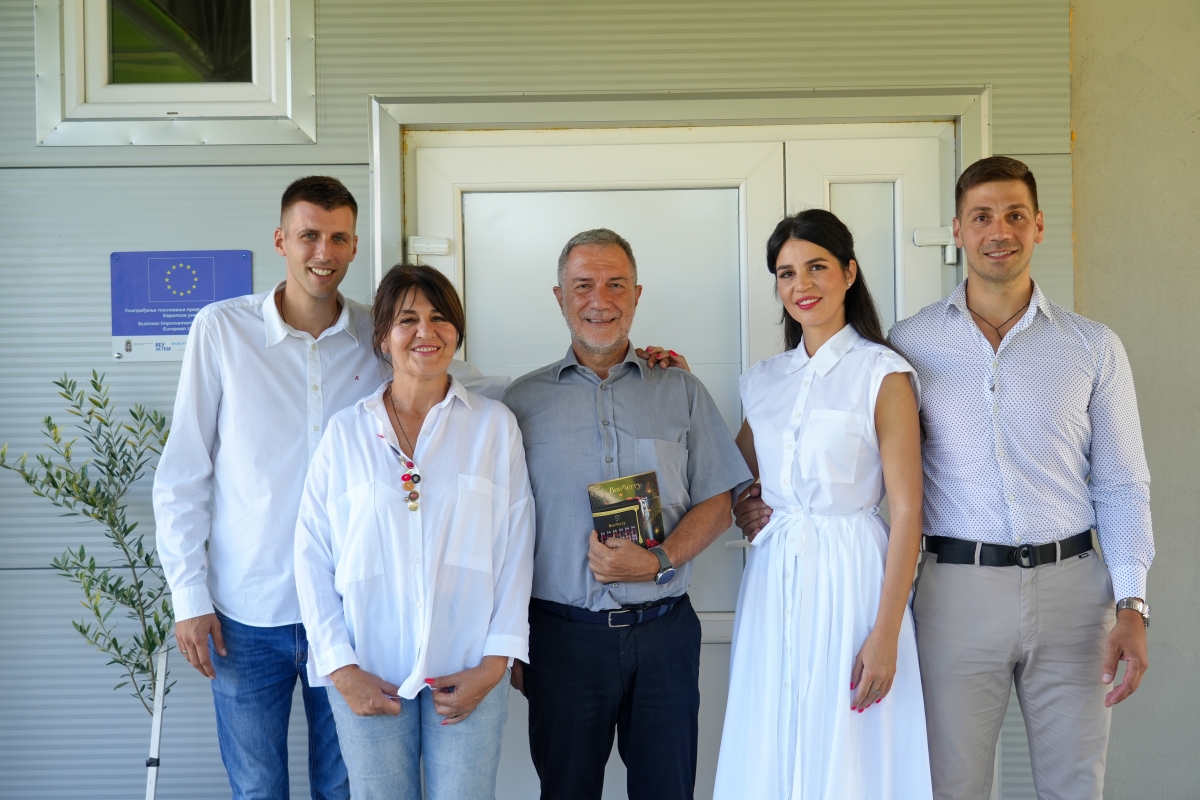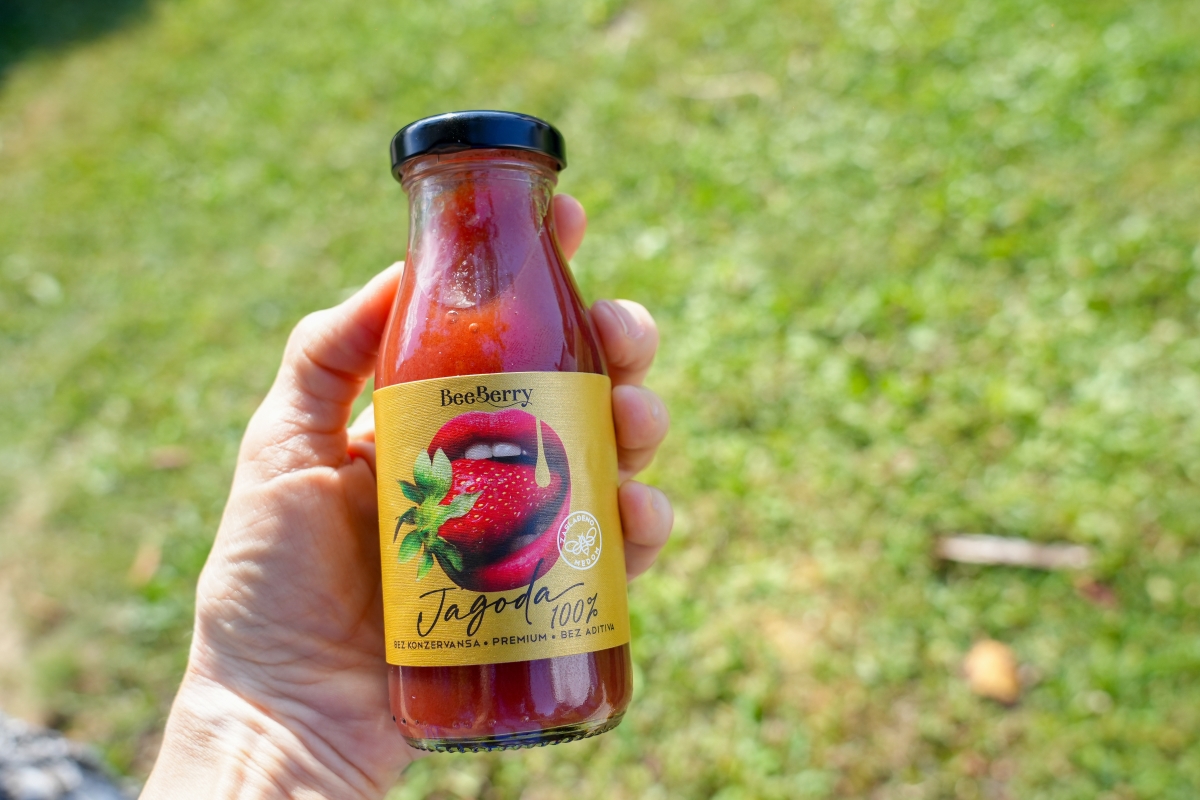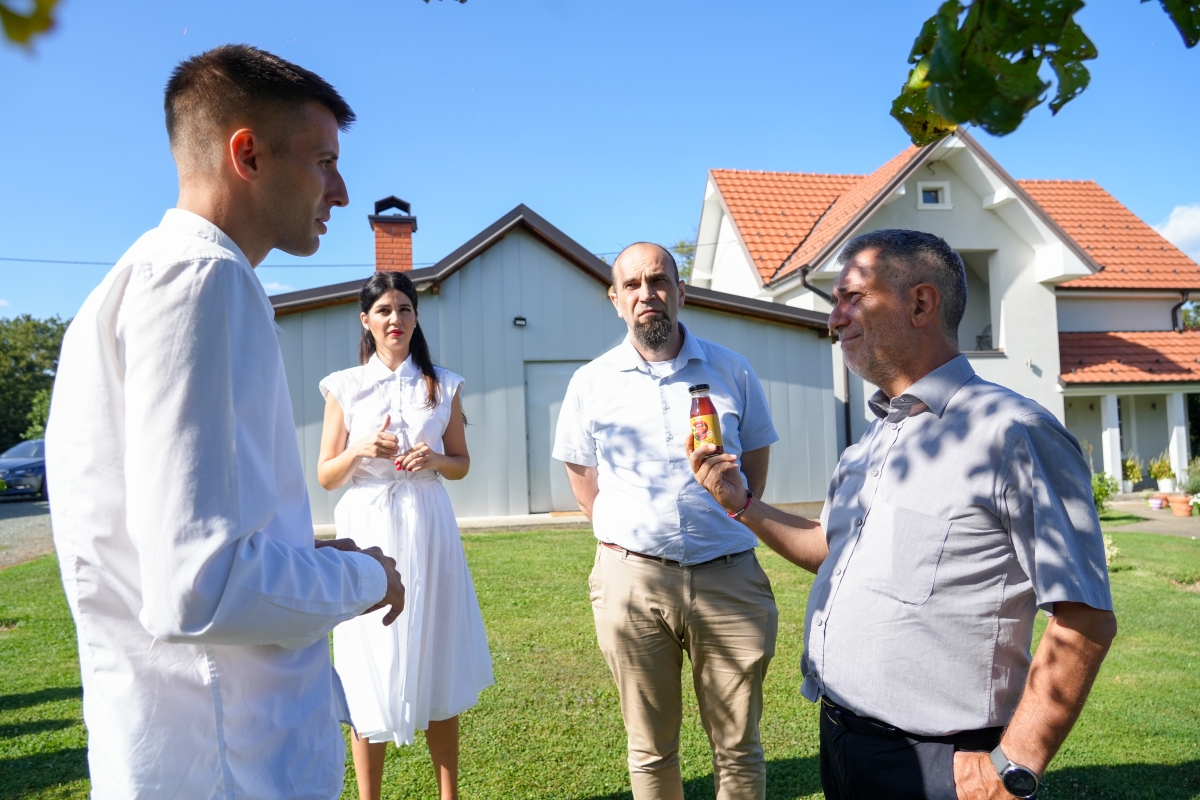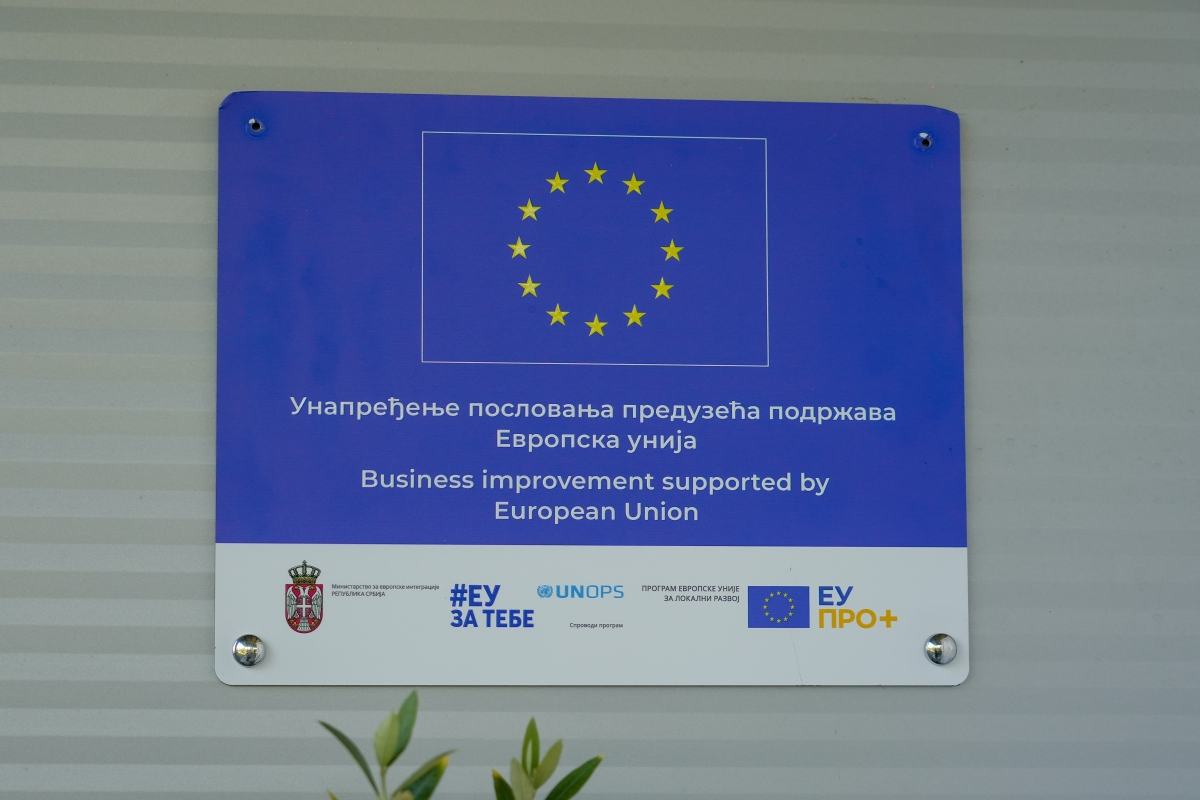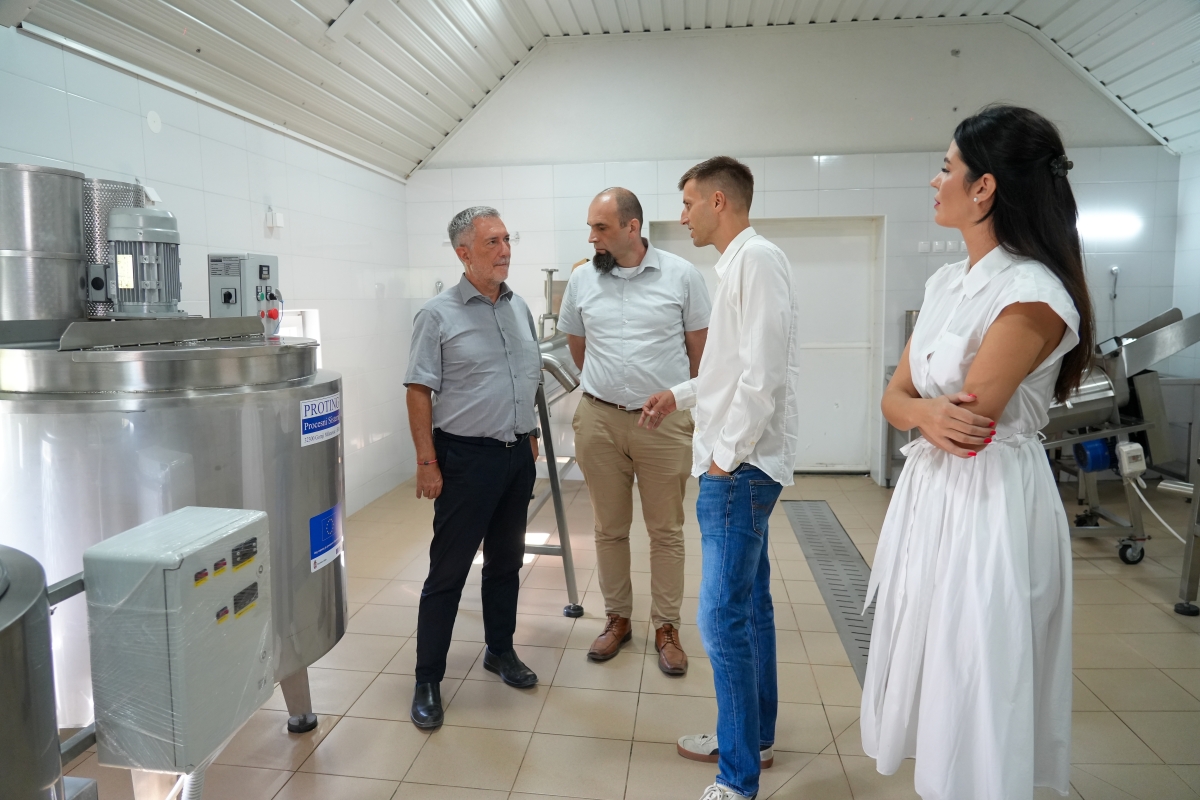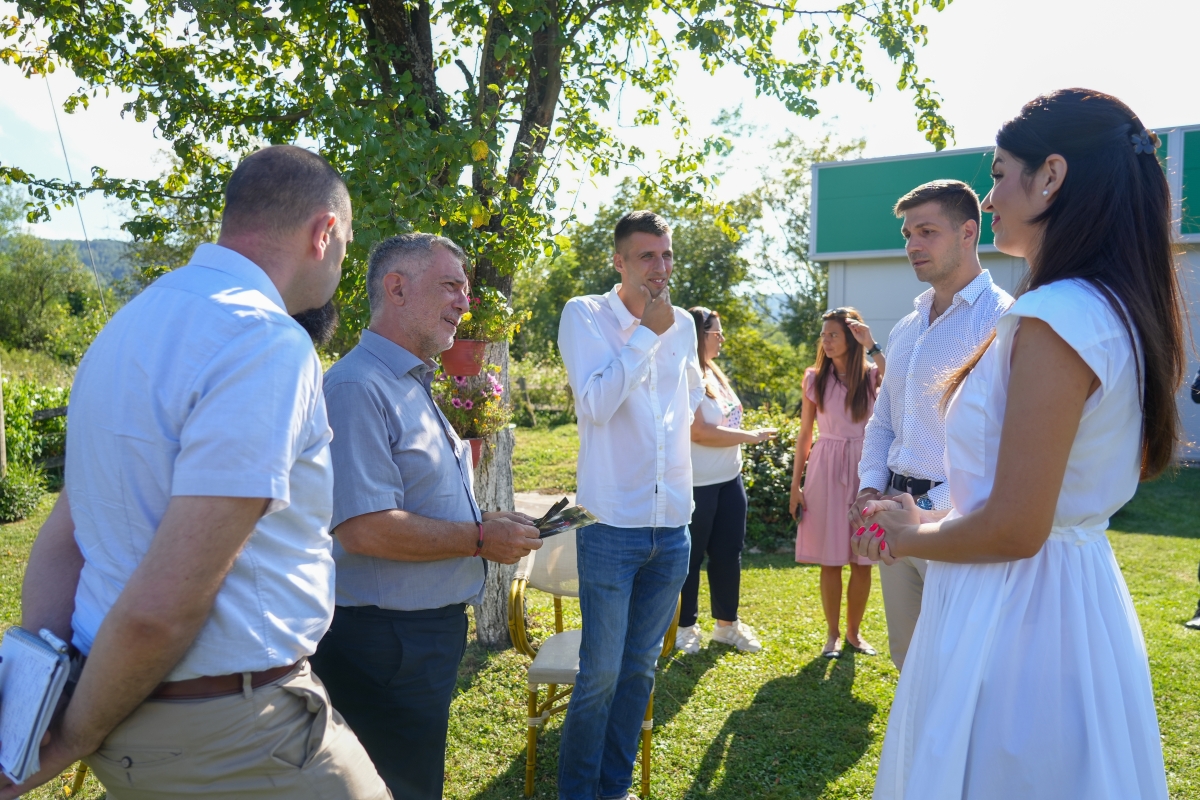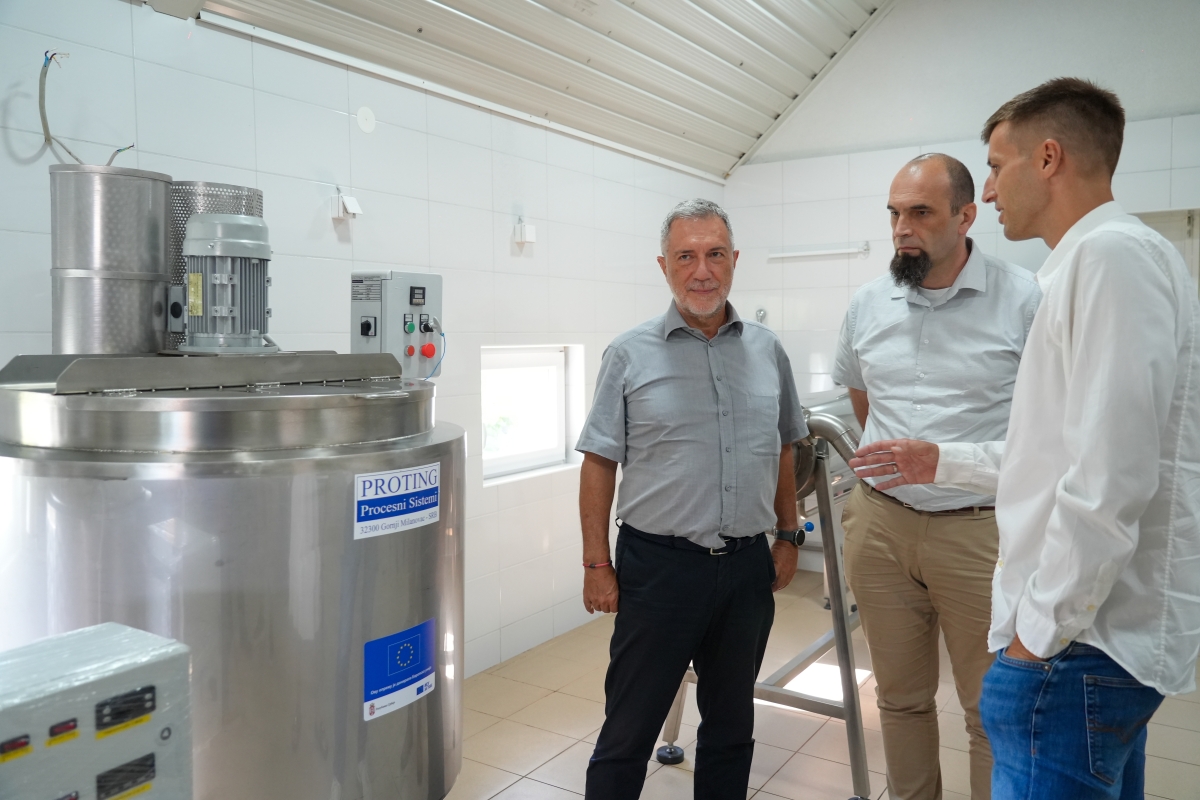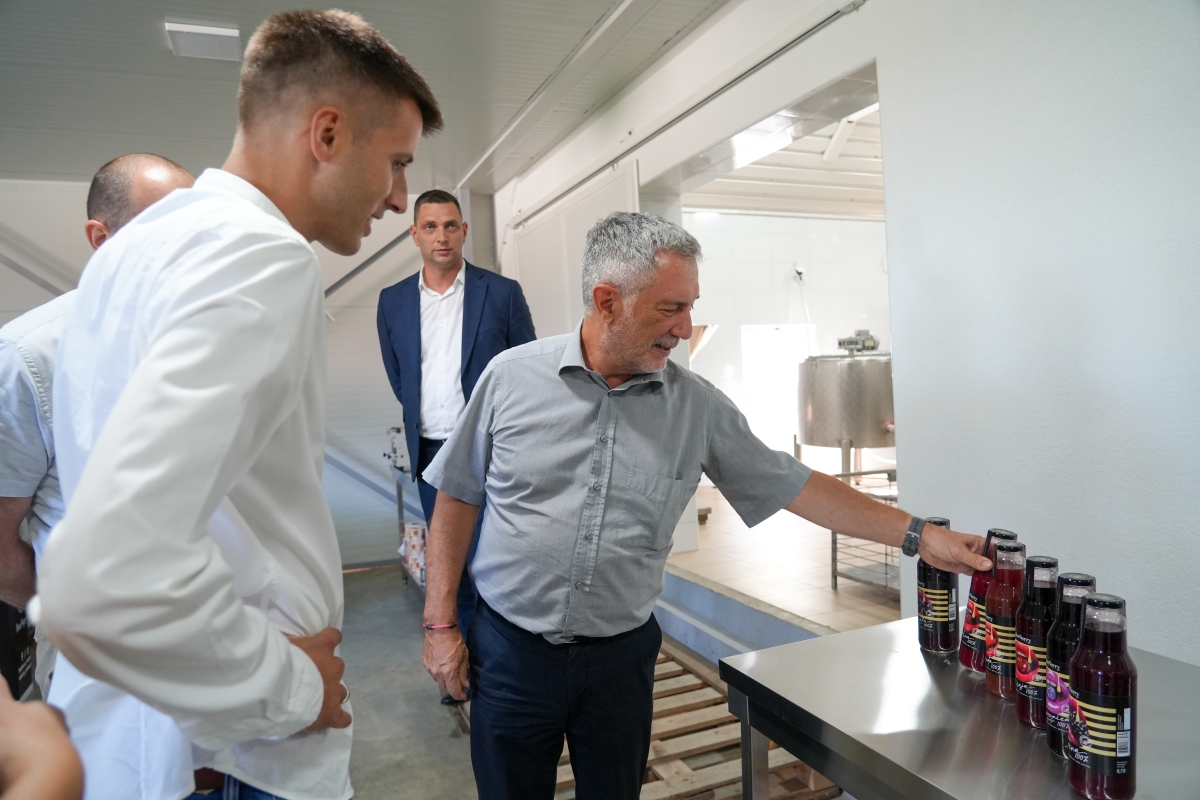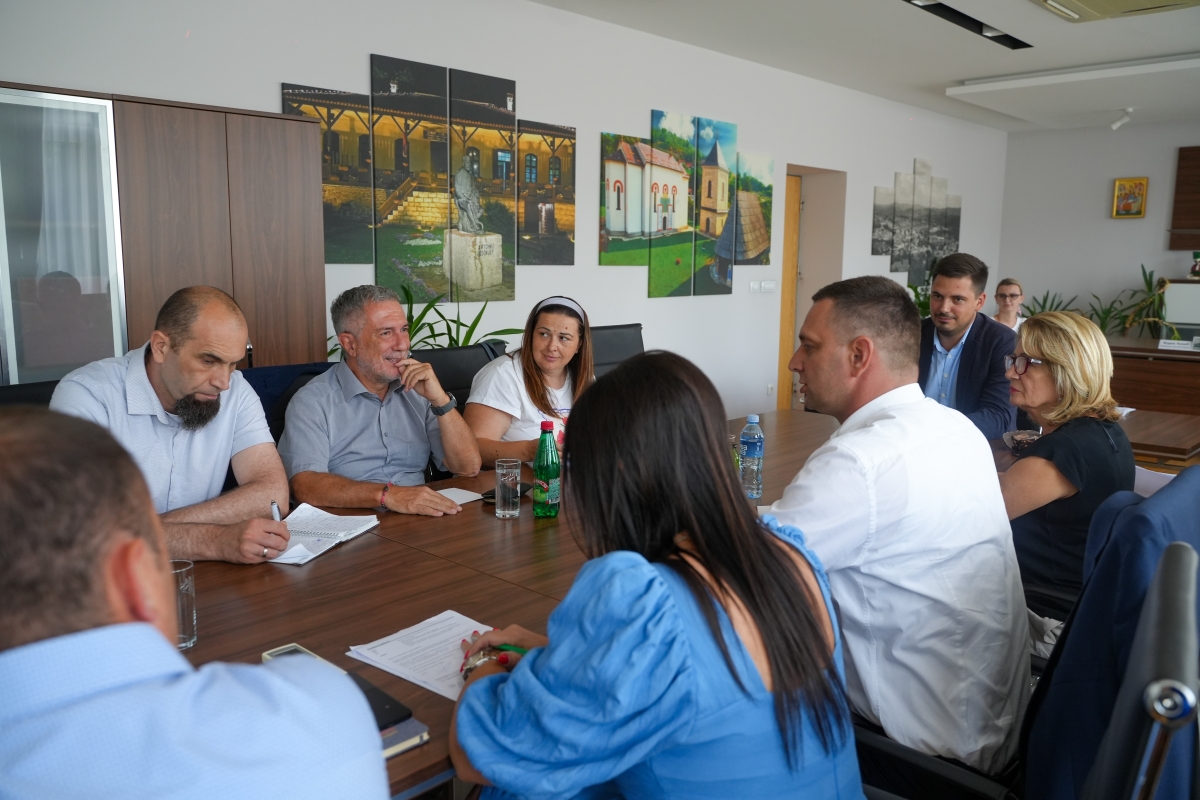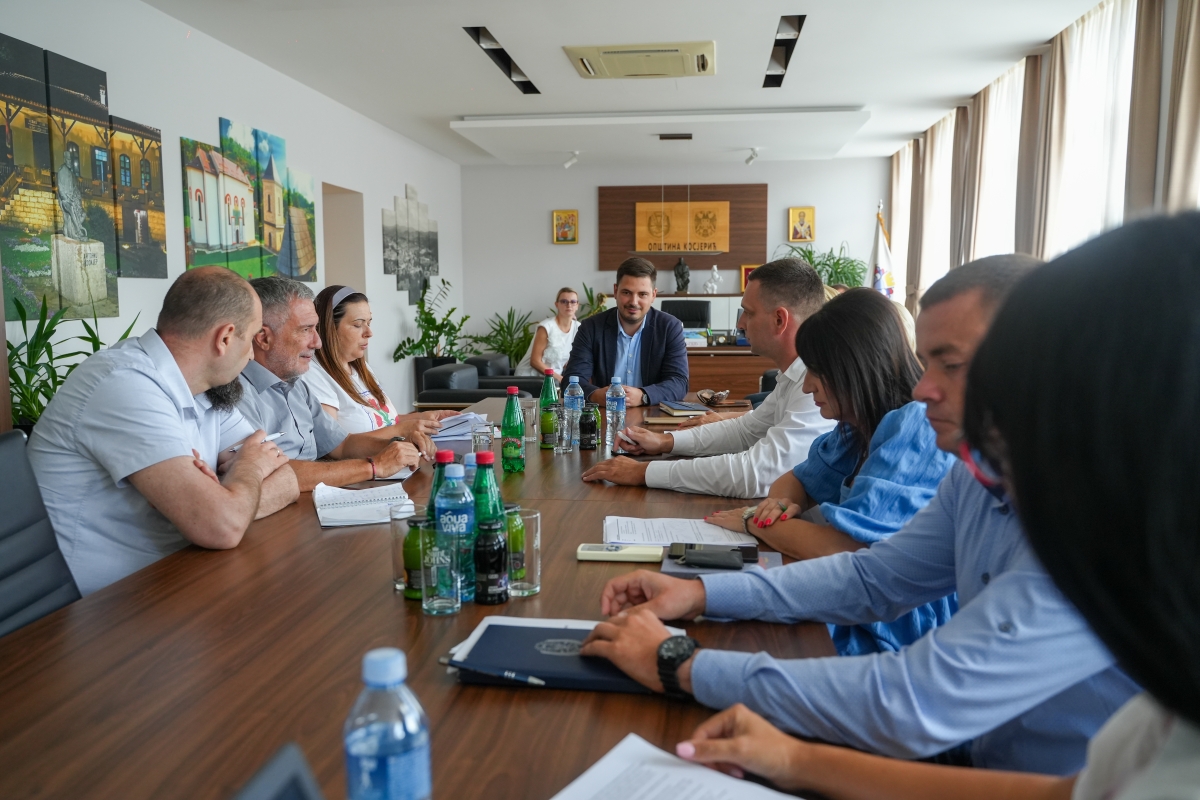Užice, Kosjerić, 6 August 2024
EU for the improvement of tourism and local economy in Užice and Kosjerić
“Užice is a great example of how projects in the field of health, education, infrastructure, and cross-border cooperation are implemented. Now the European Union and Užice are partnering to improve the tourist infrastructure and invest in cultural tourism and the preservation of cultural and historical heritage, with the aim of increasing the number of visitors and opening new jobs”, said the Head of Cooperation of the Delegation of the European Union to Serbia, Nicola Bertolini during his working visit to Užice.
The representative of the EU Delegation visited the open-air archaeological park in Užice, StaPark, which was built with the EU support, extended through the Serbia – Bosnia and Herzegovina cross-border cooperation programme. StaPark, as a replica of a Neolithic settlement, complements the tourist offer of Užice and provides visitors with cultural and scientific content. The total value of the project was about 600,000 Euros, of which the EU provided about 450,000 Euros, and the remaining funds were provided by the cities of Užice and Tuzla.
The municipality of Kosjerić, together with 16 other municipalities and cities in Serbia, was part of the project “Odvajamo” which the EU supported in procurement of vehicles, containers and cans for waste collection, and the improvement of the separation of recyclable material, i.e. waste from households with the aim to decrease the amounts that end up in landfills and increase recycling rate. In addition to this project, which is carried out in cooperation with the Ministry of the Environment and the Embassy of Sweden, the municipality of Kosjerić, with EU support through the EU PRO Plus programme, is working on the development of project documentation for the execution of construction works on the remote heating system.
The representative of the EU Delegation visited the enterprise Sberry in Kosjerić, which is run by three young people, brother and sister Ana and Aleksandar Gligorijević and their childhood friend Nikola Marković. With EU grants of over 25,000 Euros, they procured new equipment and improved the production and quality of berry juices.
“I am especially glad to see how the EU helped young people realise their business idea and stay to live and work in their municipality thus contributing to the local economy and setting an example for their peers,” said the Head of Cooperation of the EU Delegation, Nicola Bertolini.
